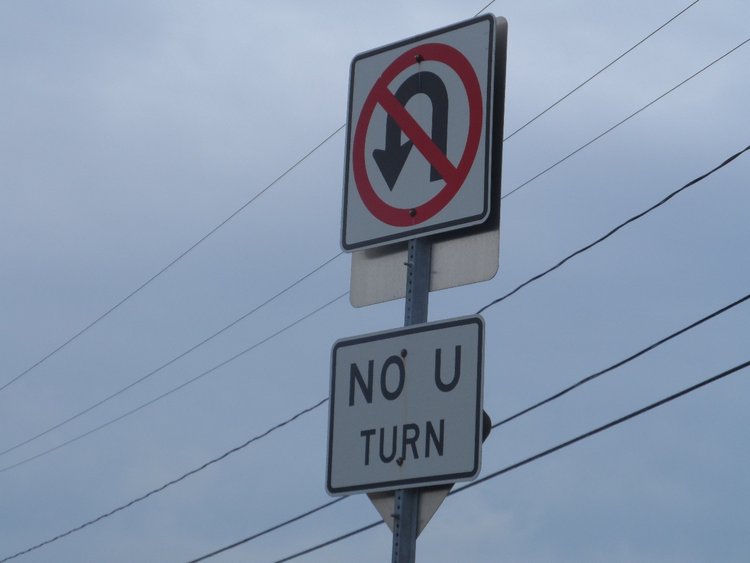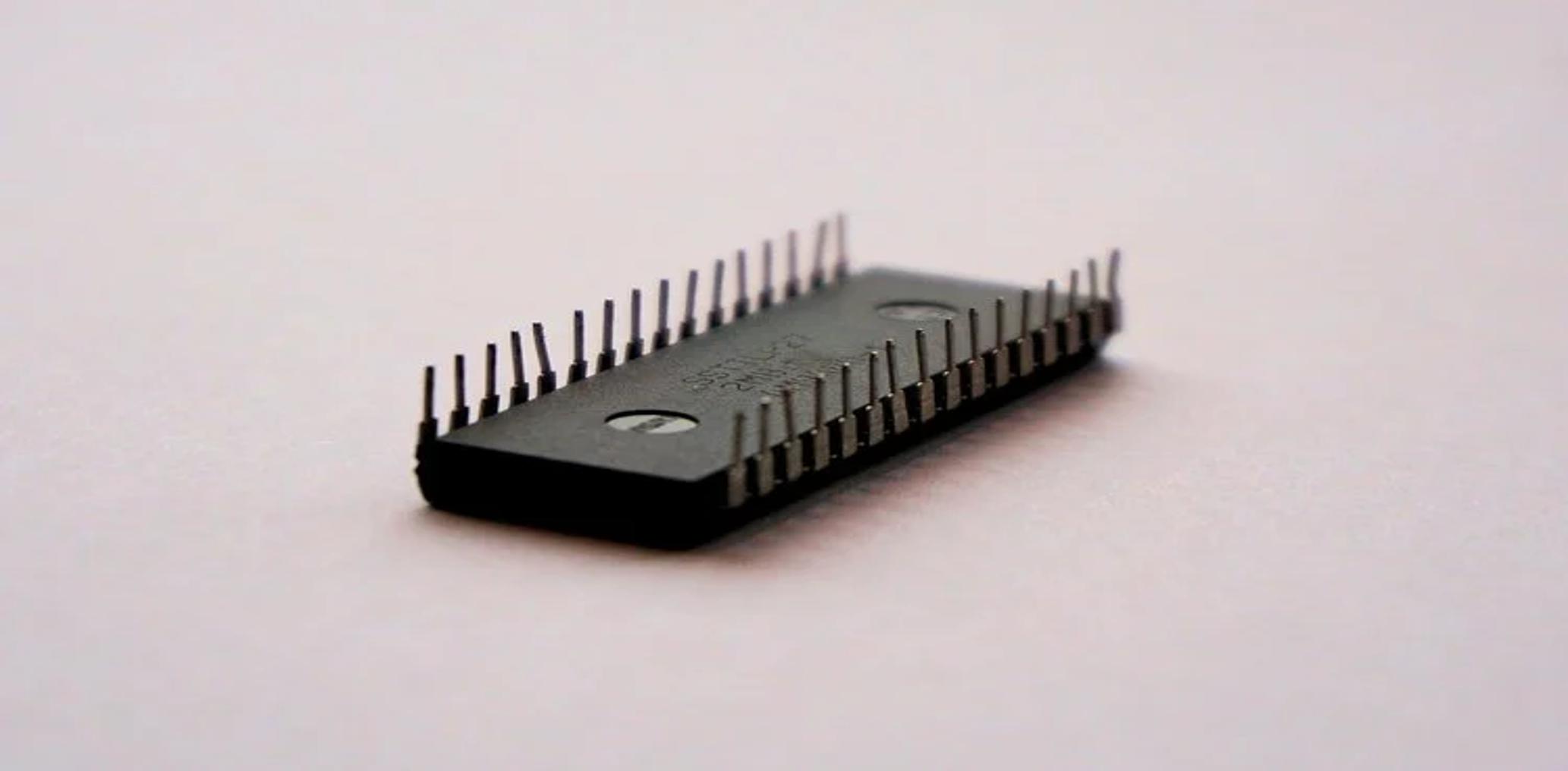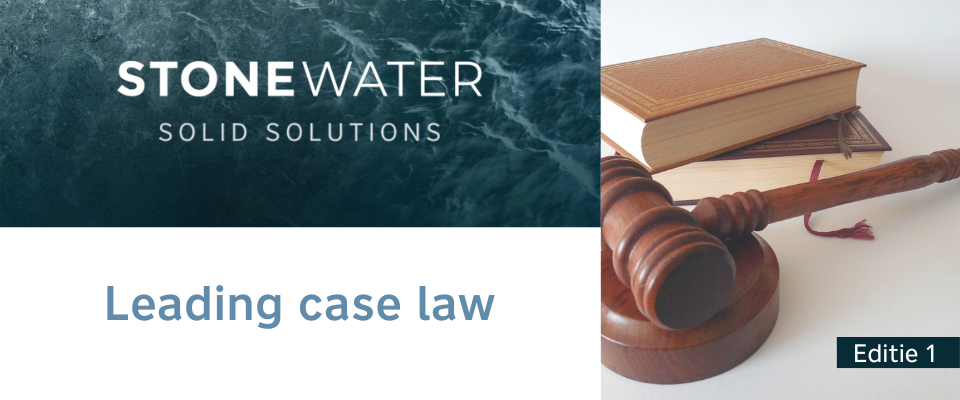News
3 minute read
Initiating an inquiry procedure; look before you leap!
-
Marc van Rijswijk
- attorney-at-law | partner
-
Gilles van Toor
- attorney-at-law

1. INTRODUCTION
In regular petition procedures, the applicant is authorized to unilaterally withdraw his request as long as the court has not yet issued a final decision. In inquiry proceedings before the Enterprise Chamber, the situation is more nuanced. There, such a request can be rejected and the proceedings then continue. Because an investigation can have far-reaching consequences, it is therefore important not to initiate an inquiry request too lightly. Below we explain the rules for termination of an inquiry procedure based on a decision of the Enterprise Chamber of the Amsterdam Court of Appeal dated April 26, 2022.
2. THE SHAREHOLDERS’ DISPUTE
The proceedings in question involved a dispute between the shareholders of a company (the Company). The shares were held indirectly through intermediate holding companies by two families (Family 1 and Family 2). Family 1 (the Applicant) filed an inquiry request, inter alia because of the Company's failure to provide adequate information regarding the Company's acquisition of bonds. The Company initially had assets of approximately €26 million. After a number of transactions had taken place, those assets consisted only of bonds issued by a recently established Polish company.
Based inter alia on the aforementioned facts, the Enterprise Chamber considered that there were good reasons to doubt the correct policy and course of affairs. The Enterprise Chamber ordered an investigation at the Company and appointed a temporary Enterprise Chamber director and an Enterprise Chamber administrator.
Four months later, the Applicant requested the Enterprise Chamber to terminate the inquiry procedure as soon as possible. According to the Applicant, there was no longer any benefit in continuing the inquiry procedure initiated at her request because the Applicant had since reached a settlement with a third party. Part of that settlement was that the shares in the Company held by the Applicant would be transferred to this third party.
Almost all parties and/or stakeholders subsequently agreed to the termination of the inquiry procedure. However, the independent director and depositary of the shares appointed by the Enterprise Chamber opposed this. They felt that it was in the Company's interest to put its affairs in order. Therefore, in their view, the inquiry should be completed and the immediate provisions (including their appointment) upheld. A minority shareholder (the Minority Shareholder) also opposed termination of the proceedings. No amicable settlement had been reached with the Minority Shareholder. The Minority Shareholder argued that the basis for the inquiry still existed because it had not been established whether the approximately €26 million had been unlawfully withdrawn from the Company.
As mentioned, unlike in regular petition proceedings, in inquiry proceedings the main rule of article 283 of the Dutch Code of Civil Procedure (as long as the court has not yet issued a final decision, the request can be withdrawn) does not apply in full. The discussion for a long time was whether this article applied to inquiry proceedings at all. The Supreme Court put an end to this discussion by answering this question in the KPNQwest decision in the affirmative.[1] Thus, as long as the Enterprise Chamber has not issued a final decision, an applicant can withdraw the inquiry request.
In Enterprise Chamber proceedings, however, the question is when a decision counts as a final decision, as these proceedings have a first phase (in which an investigation is or is not ordered) and a second phase (which begins after the filing of the investigation report). An order is issued at both stages.
The Supreme Court already ruled in the Emba decision that a first-stage order is to be considered a final decision, as it can only be affected by a legal remedy.[2] The conclusion that follows from the Emba decision and the earlier KPNQwest decision is therefore that an inquiry request can, in principle, be withdrawn as long as no first-phase decision has been issued.
Thereafter, the termination request - based on a weighing of interests - was left to the verdict of the Enterprise Chamber. It follows from the KPNQwest decision that the following applies in doing so:
a. in the assessment, significance is given primarily to (i) the interests of the original applicant(s) and (ii) the interests of the legal entity and those involved in its organization under the law and the articles of association; and
b. the public interest and the interests of third parties do not in principle receive decisive weight. Although it is possible to imagine that those interests are so overriding that continuation or termination of the inquiry is called for.
Referring to these rules of law, the Enterprise Chamber weighs up the interests in these proceedings. It is quite brief in its assessment and rules as follows:
(i) the valid reasons for doubting the correct policy and course of affairs of the Company (on the basis of which the inquiry was ordered) still apply;
(ii) therefore, the best interests of the Company still require that the immediate provisions should be upheld; and
(iii) completion of the investigation will allow - also for the protection of the Minority Shareholder - (further) disclosure of the Company's policy and affairs during the investigation period. On this basis it may be possible to determine who is or are responsible for any proven mismanagement.
On this basis, the Enterprise Chamber finds that the interests of the Company and the Minority Shareholder in continuing (and completing) the investigation and upholding the immediate provisions outweigh the interests of the Applicant, inter alia, in terminating them. The Enterprise Chamber subsequently rejected the termination request.
3. LEGAL ASSISTANCE IN THE EVENT OF A CORPORATE DISPUTE
The inquiry procedure at the Enterprise Chamber is suitable under circumstances for rectifying malpractices within companies and determining who should be held responsible for them. Moreover, immediate measures can be taken at reasonably short notice, which can prevent (further) damage as much as possible.






